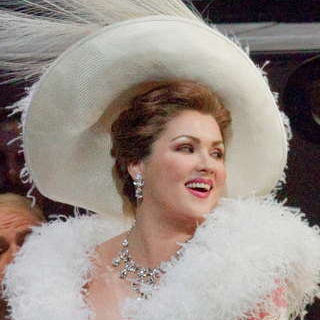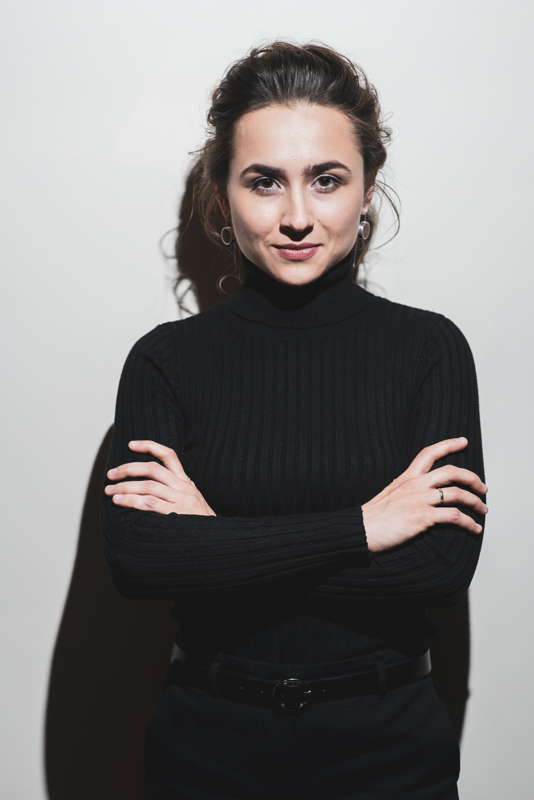 SPONSORED: Vocal Glory - Massenet's Manon in HD from New York Metropolitan Opera, enjoyed by Maria Nockin.
SPONSORED: Vocal Glory - Massenet's Manon in HD from New York Metropolitan Opera, enjoyed by Maria Nockin.
All sponsored features >>
ARTICLES BEING VIEWED NOW:
- Régine Crespin
- Hector Berlioz
- Ruth Railton
- Marián Varga
- Profile. A Very Positive Conductor - Paul Bodine talks to Los Angeles Opera's Music Director Designate, Domingo Hindoyan
 DISCUSSION: John Dante Prevedini leads a discussion about Music and the Visual World, including contributions from Celia Craig, Halida Dinova and Yekaterina Lebedeva.
DISCUSSION: John Dante Prevedini leads a discussion about Music and the Visual World, including contributions from Celia Craig, Halida Dinova and Yekaterina Lebedeva.
'Three Bs' with a Twist
Russian pianist Anna Tsybuleva, heard by MIKE WHEELER
Anna Tsybuleva, winner of the 2015 Leeds Piano Competition, opened the new season of Sunday morning recitals at Nottingham's Royal Concert Hall – Nottingham, UK, 23 October 2022 – with an interesting twist on the old 'three Bs' formula – Bach, Beethoven and Brahms, yes, but on this occasion the Bach was Carl Philipp Emanuel, not Johann Sebastian. She began with the second of his six 'Prussian' Sonatas, Wq 48. Breezy accounts of the two outer movements framed a ready identification with the introspective world of the second movement, finding expressive depth in the long trills, in particular.

Anna Tsybuleva. Photo © 2021 Olympia Orlova
Tsybuleva suggested a link with this movement in the slow introduction to the first movement of Beethoven's 'Pathétique' Sonata. By not going flat out in the main part of the movement, but allowing the intensity to build gradually, she showed a firm grasp of the music's architecture, making her sudden withdrawal at start of the development section all the more telling. The second movement was on the slow side, with a tendency to over-romanticise, but with a compelling inwardness and concentration. The finale seemed positively perky to begin with, but the overall seriousness was never in doubt, and the quiet major-key moment just before the end was made to sound like a ghostly echo from earlier.
Brahms' three piano sonatas all date from the very beginning of his career. No 2 begins with a typical rush of youthful impetuosity, which suggests an attempt at emulating Liszt – ironically, in view of his later distaste for Liszt's music. Tsybuleva held nothing back from its rampaging energy, while the quiet chords at the end felt both weighty and fragile. More inward communing, in the second movement, echoed those of the Bach and Beethoven, with the scale of the more passionate outbursts well-judged in relation to the rest. The beginning of the scherzo sounded almost furtive, balanced by later moments of turbulence, and the emergence of what could easily have been a siciliana, an early indication, perhaps of Brahms' interest in baroque music. The ending was properly curt. In the finale Brahms seems to be trying to put the upheavals behind him, but Tsybuleva captured its strenuous, effortful character, with some well-judged dynamic extremes. She made it sound almost unhinged at times, not a quality I usually associate with Brahms.
Copyright © 31 October 2022
Mike Wheeler,
Derby UK



